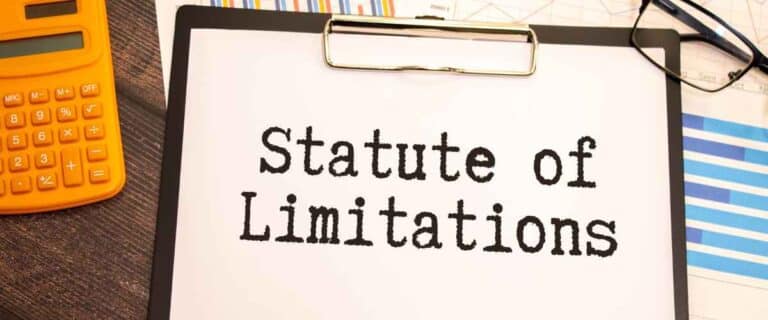Washington Gov. Jay Inslee issued a statewide lockdown directive ordering residents to stay home. Effective on Wednesday, March 25, the directive orders non-essential businesses to shut down for a minimum of two weeks. This measure is to ensure that the majority of residents avoid crowds, where the novel coronavirus could be more easily spread.
While the order is important to keep us, our loved ones, friends, and neighbors safe, some of us still have to hit the road for short trips to grocery stores, medical appointments, or to access essential public services. Needless to say, driving during such a stressful time can take its toll.
In order to help you navigate Washington roads during these difficult times, Bernard Law Group put together a list of important safety tips every driver should follow.
1-Avoid Accidents By Preparing Yourself Ahead Of Time
Because emotions can run high in stressful situations, drivers can become easily distracted. One of the first things drivers must do to avoid collisions at this time is to prepare themselves to hit the road while still at home.
Before getting behind the wheel, take a few minutes to take a deep breath. If needed, stand or sit down outside for some short moments to breathe in some fresh air. Remind yourself that everyone in the state is working to avoid contagion, and that officials are working around the clock to help keep us healthy — there’s no reason to panic.
2-Ditch The Radio If Necessary
Many of us like to tune in to the news while we are driving. During these difficult times, however, coronavirus is all you hear on the radio. Perhaps, listening to something more soothing such as relaxing or cheerful music can help you to stay calm.
Not allowing your environment to feed into the stressful emotions you might be feeling is key to help you drive safely.
It may be necessary for you to turn off the radio or music completely to keep your full focus on the road.
3-Avoid Speeding
While some of us might be tempted to drive a little faster as the roads open up due to the lighter traffic, remember that speeding is one of the most common factors behind crashes.
Speeding makes it harder for drivers to respond to emergencies or to slow down when the traffic suddenly stops. Depending on the road conditions, speeding can also make your car more likely to skid or slide off the road. It may also lead to citations, as officials aren’t taking a break from monitoring the roads.
Whatever you do, avoid speeding at all costs by observing speed limit signs and traffic laws.
4-Ask For Help
If everything else fails and you still feel like you’re not emotionally capable to take on the wheel, do not hesitate to ask for help.
Asking someone from your household to drive might just do the trick, but if that isn’t a possibility and you simply can’t leave the house, call the services or businesses you need access to and ask about your options.
Some grocery stores have delivery programs while some doctors are able to provide help through telemedicine, meaning you can be seen by a physician without leaving your house.
Remember: emotional driving is just as dangerous as distracted driving. If you tried everything and you still don’t feel confident you can drive safely, stay home.



